As Allen Ginsberg talks about his life and art, his most famous poem is illustrated in animation while the obscenity trial of the work is dramatized.
Howl (2010) Online
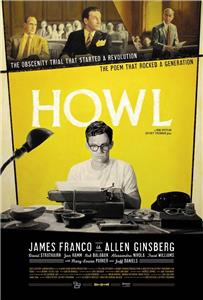
It's San Francisco in 1957, and an American masterpiece is put on trial. Howl, the film, recounts this dark moment using three interwoven threads: the tumultuous life events that led a young Allen Ginsberg to find his true voice as an artist, society's reaction (the obscenity trial), and animation that echoes the poem's surreal style. All three coalesce in hybrid that dramatizes the birth of a counterculture.
| Cast overview, first billed only: | |||
| James Franco | - | Allen Ginsberg | |
| Todd Rotondi | - | Jack Kerouac | |
| Jon Prescott | - | Neal Cassady | |
| Aaron Tveit | - | Peter Orlovsky | |
| David Strathairn | - | Ralph McIntosh | |
| Jon Hamm | - | Jake Ehrlich | |
| Andrew Rogers | - | Lawrence Ferlinghetti | |
| Bob Balaban | - | Judge Clayton Horn | |
| Mary-Louise Parker | - | Gail Potter | |
| Heather Klar | - | Jack's Girlfriend | |
| Kaydence Frank | - | Allen's Girlfriend (as Kadance Frank) | |
| Treat Williams | - | Mark Schorer | |
| Joe Toronto | - | Sailor | |
| Johary Ramos | - | Hustler | |
| Nancy Spence | - | Neal's Girlfriend |
Shot in 14 days around New York City in March/April 2009.
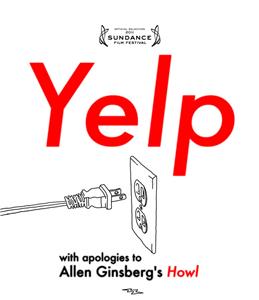
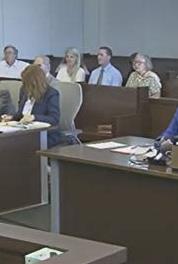
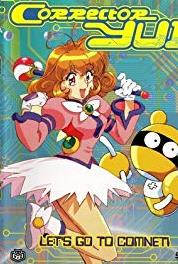
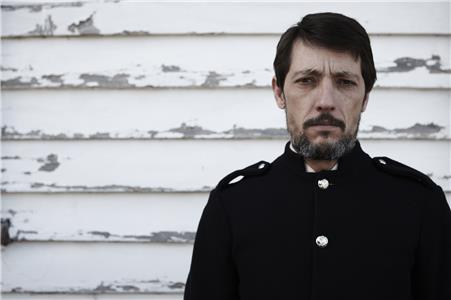
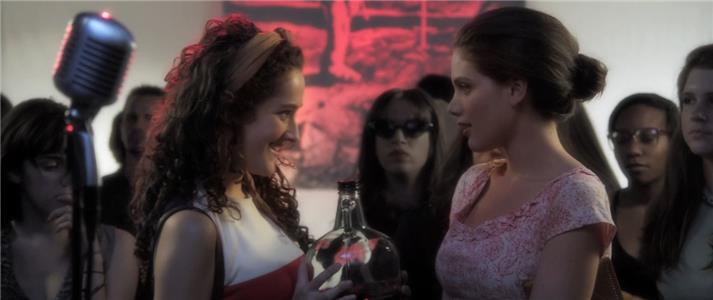

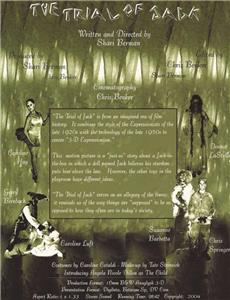
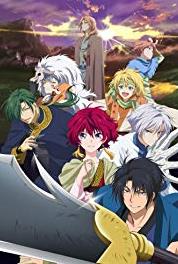
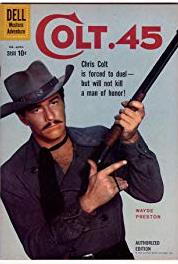
User reviews